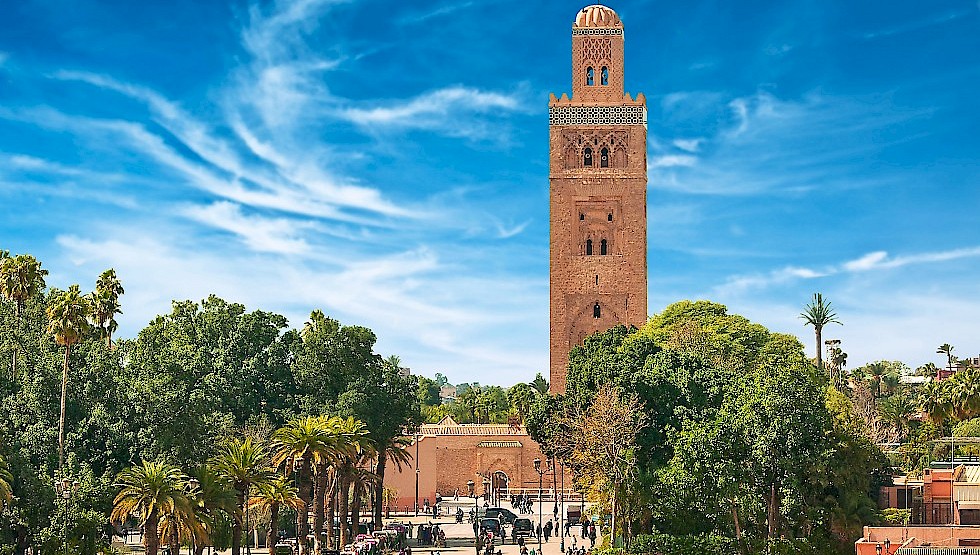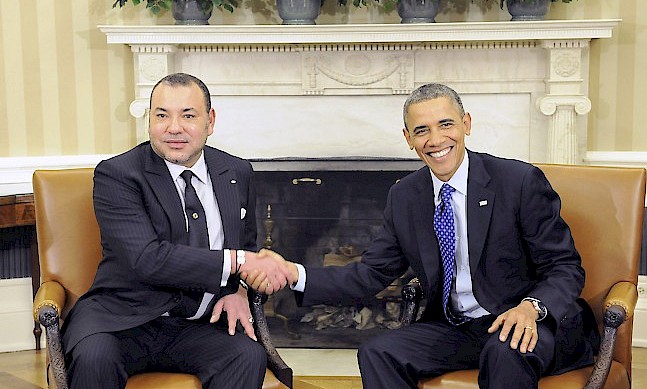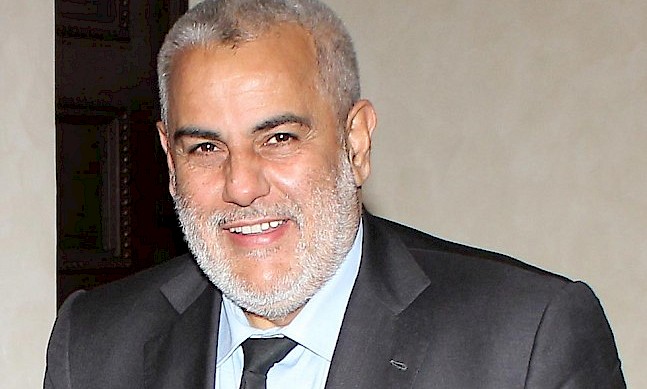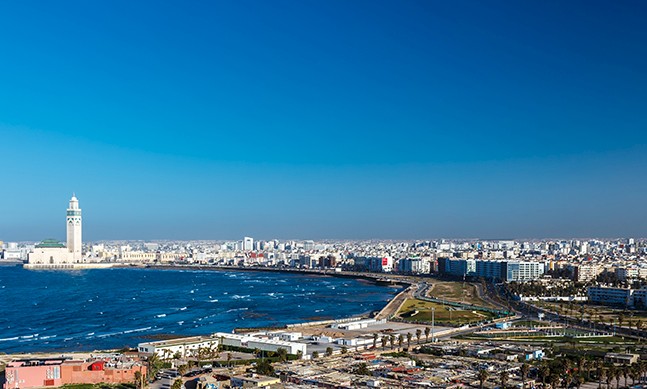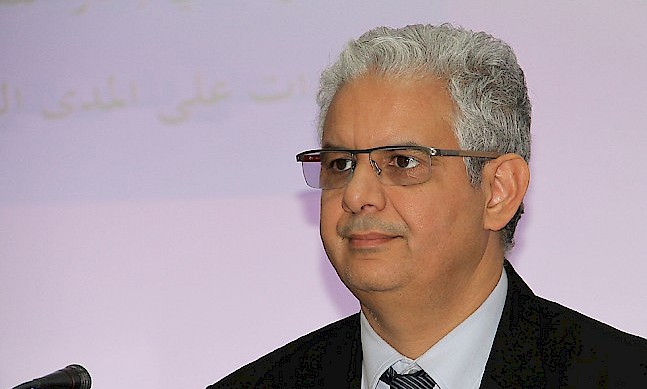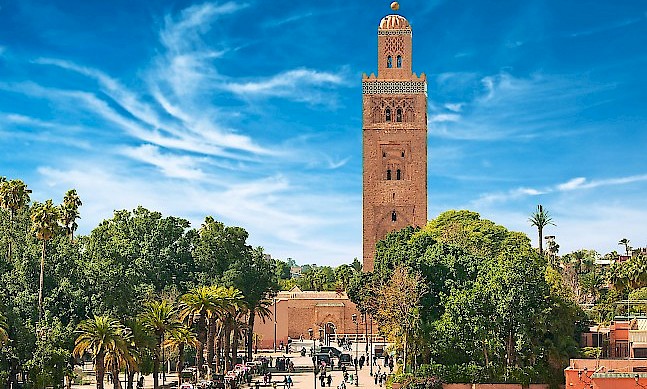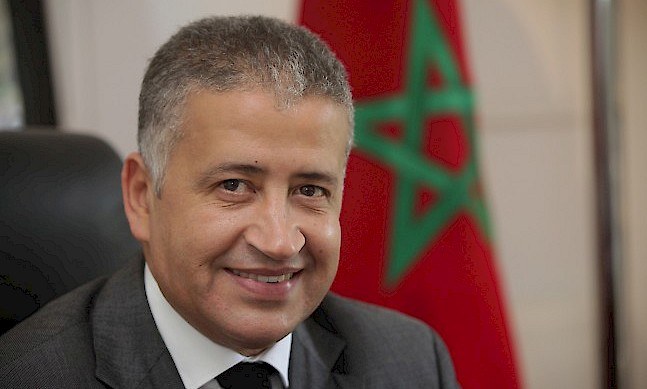With stable growth, a growing middle class and a policy of national and continental economic expansion focused on expanding sectors such as renewable energy, Morocco is emerging as North Africa’s economic leader
Fifteen years which changed Morocco
Fifteen years ago, King Mohammed VI faced a sizeable challenge: successfully juggling the need for change with the apparent political and economic inertia in his deeply traditional kingdom.
Today, although there is still much to be done, the country has nevertheless achieved the privileged status of a stable, peaceful Arab nation, governed smoothly by a democratically elected Islamist party. The successful transition from traditional kingdom to a modern global player, envied throughout the Arab and Muslim world, means that today more than ever Morocco is a key force in the region.
Numerous institutional and societal advances have laid the foundation for this stability, while economic reforms have succeeded in improving the day-to-day life of the Moroccan people and positioned the country comfortably and sustainably in the global arena.
“Morocco has successfully made the transition from traditional kingdomTweet This
to modern global player”
The emergence of national champions
In order to foster the emergence of its long-overlooked middle class, Morocco has refocused its economy through a policy of promoting “national champions” – those large enterprises which are capable of supporting the country’s economic development.
In 2004, the Emergence plan came into being, led by Mounir El Majidi, with the aim of implementing a new model of economic governance alongside Mohammed VI.
Emergence was built around several long-term sectoral plans in the fields of textiles, aeronautics, agriculture and infrastructure. These included the construction of a vast highway network that has grown from 43 miles (70 kilometers) in 1999 to 1,240 miles today; the Tangier-Med Port, which was inaugurated in 2007 and has since created over 30,000 jobs; the high-speed Casablanca-Rabat-Tangiers train link, the first on the African continent, which will open in 2018; as well as the development of one of the world’s biggest solar plants in Ouarzazate, which will be completed in 2020 and will provide almost half of the country’s electricity.
The National Investment Company (SNI), whose major shareholder is the royal holding company, is the catalyst for all of these future investments. It was completely overhauled at the same time as the Moroccan economy, going from a conglomerate with historical holdings in all the companies producing staples such as milk, water, sugar and oil – which it sold between 2012 to 2014 – into a real investment fund, focused on the more capital-intensive sectors of the future: banking, telecommunications, energy, transport and real estate. SNI’s bias today is toward non-majority shareholding, in order to create linkages with and among other talented companies in the same sectors. Its mission has been accomplished, and national brands such as Inwi, Nareva, Marjane and Attijariwafa Bank have now been established as symbols of the Moroccan economy.
Another Moroccan economic priority is renewable energy. The kingdom imports almost all of its fossil fuels. Because of this unsustainable situation, Mohammed VI has emphasized the need for the country to switch to new sources of clean energy. As announced by the king at the COP 21 meetings in Paris in December 2015, by the end of the decade, renewables should represent 42 percent of the energy mix (compared with the current 19 percent). Symbolic of this new green path are the Tarfaya wind park, Africa’s biggest, and the solar park, among the world’s largest, that is currently under construction at Ouarzazate. The COP 22 will be held this year in Marrakech.
Mounir El Majidi, a key figure
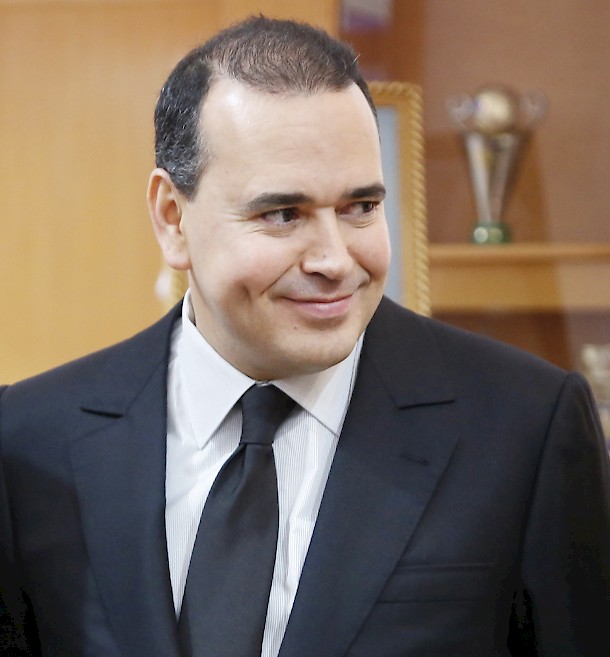 Mounir El Majidi, who was named by King Mohammed VI upon his accession to the throne as head of the royal holding company.
Mounir El Majidi, who was named by King Mohammed VI upon his accession to the throne as head of the royal holding company.
Behind this radical change at the SNI is one man, the unassuming Mounir El Majidi, an entrepreneur whom Mohammed VI, upon his accession to the throne, decided to place in charge of his private secretariat, the royal holding company, the music festival Mawazine and the Royal Football Academy.
This is not an easy mission. Political, financial and economic issues were a key theme during the Arab Spring, and Mounir El Majidi’s reputation suffered when a group of his detractors condemned this supposed mix of interests. Despite the difficulties faced by its leader in maintaining a positive public image, the royal holding company is clearly recognized throughout Morocco as an engine of national and pan-African growth.
Morocco’s African strategy
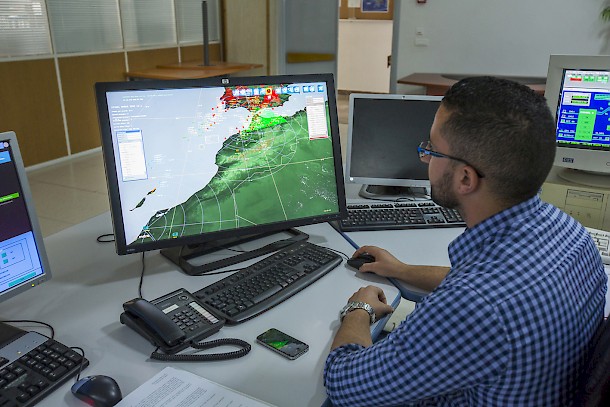 Today, 55 percent of Royal Air Maroc’s traffic goes to African countries, making Casablanca a regional hub. Photo: Morocco Airports
Today, 55 percent of Royal Air Maroc’s traffic goes to African countries, making Casablanca a regional hub. Photo: Morocco Airports
The transformation of the Moroccan economy is ongoing. Today, the strategy laid out for the country at the highest state level is about to set off on a new phase of development which will see Morocco embark upon a pan-African economic expansion. This strategy is supported by the chamber of commerce and major economic players such as SNI and its shareholdings, which are gradually establishing themselves on the continent. Attijariwafa Bank is now the top banking group in the CFA franc zone by number of branches, and the cumulative economic weight of the five Moroccan banks makes them the major banking force in Africa. Today, 55 percent of Royal Air Maroc’s traffic goes to African countries, making Casablanca a regional hub. Morocco is also now the best-connected African country by sea routes, according to a United Nations Conference on Trade and Development (UNCTAD) report, and has seen a 20 percent increase in 2015 in the number of containers going through its ports.
The most recent visits by King Mohammed VI with more than 70 entrepreneurs to sub-Saharan Africa bear witness to the strategy’s achievements on the diplomatic and economic levels, and demonstrate the growing Moroccan influence in Africa. More than ever, the development of this South-South cooperation reinforces the role of the Kingdom of Morocco as a major geopolitical player within the continent and on the global economic stage.
